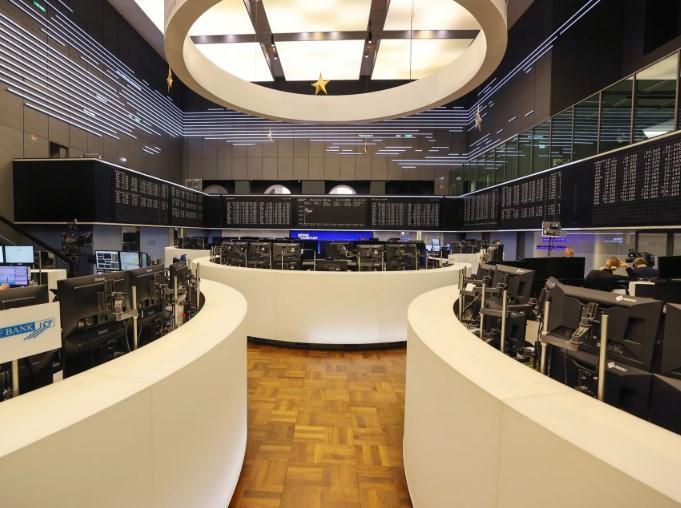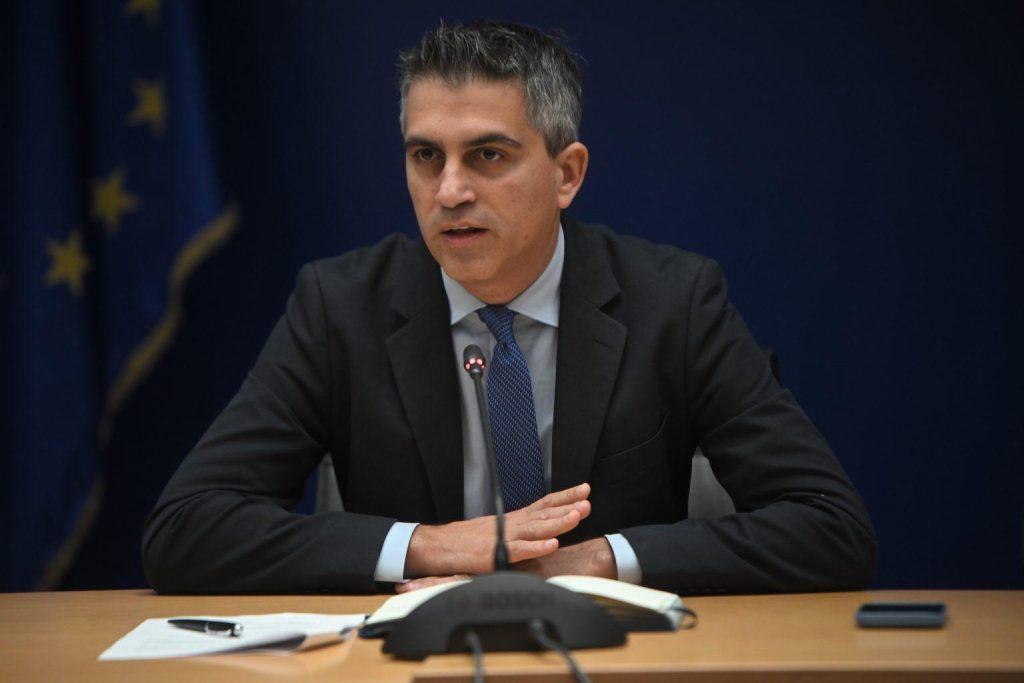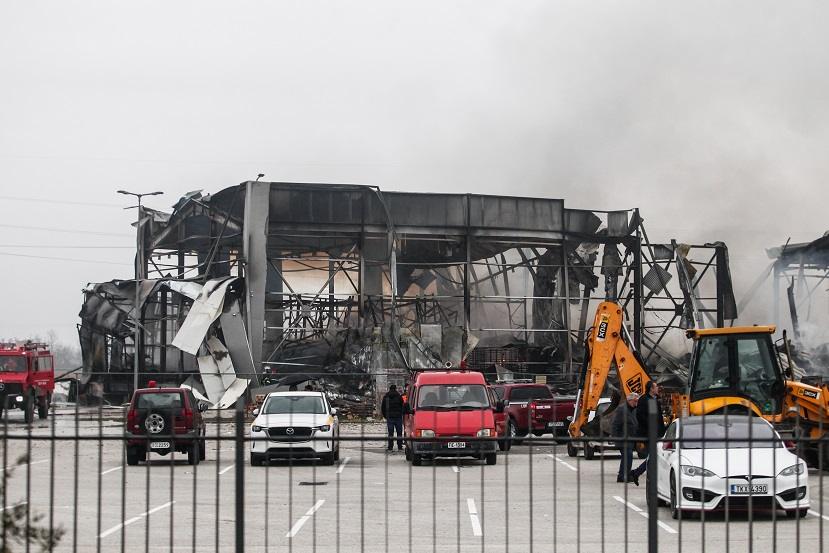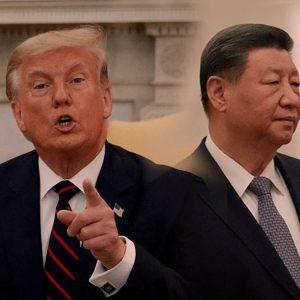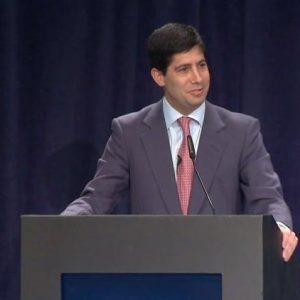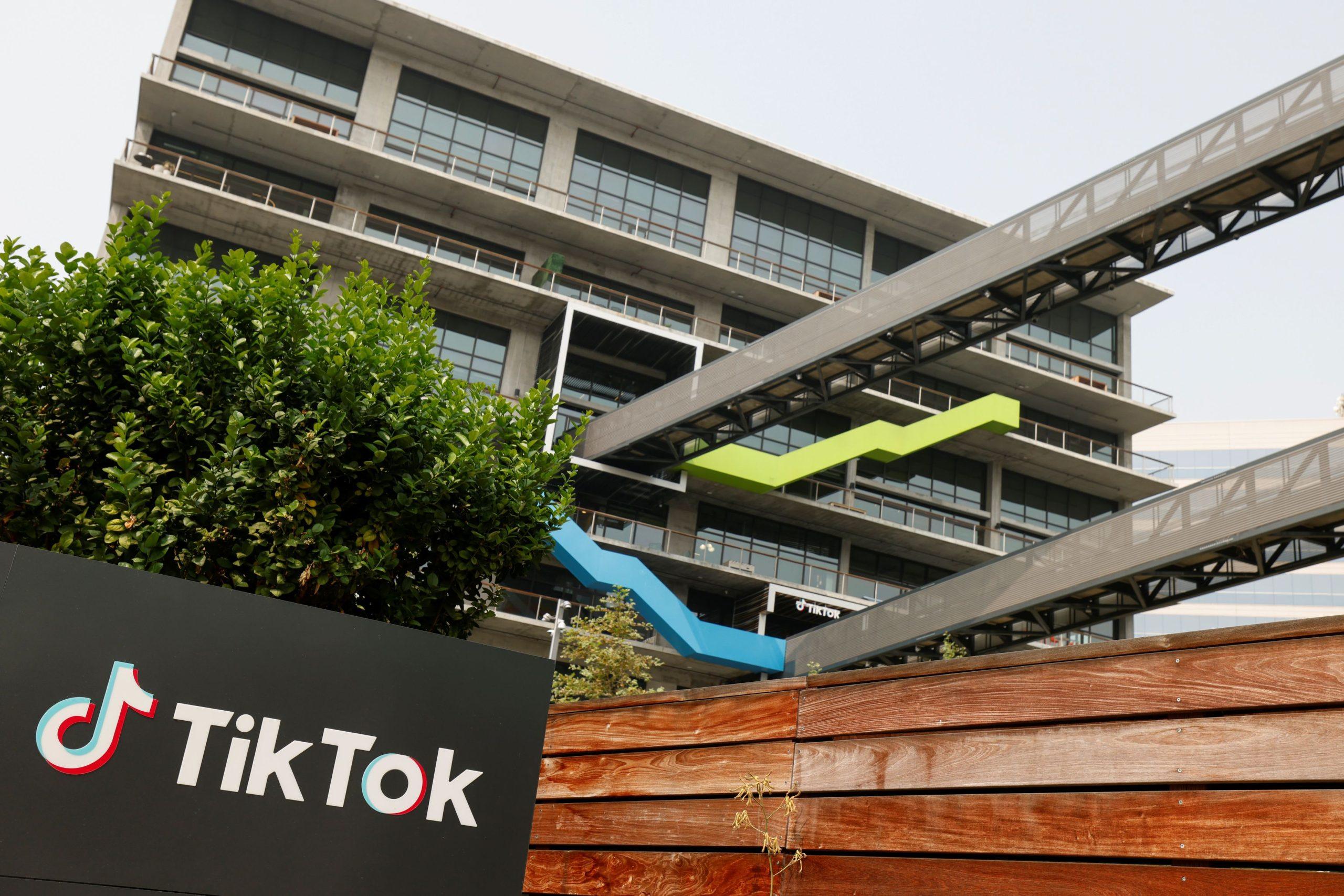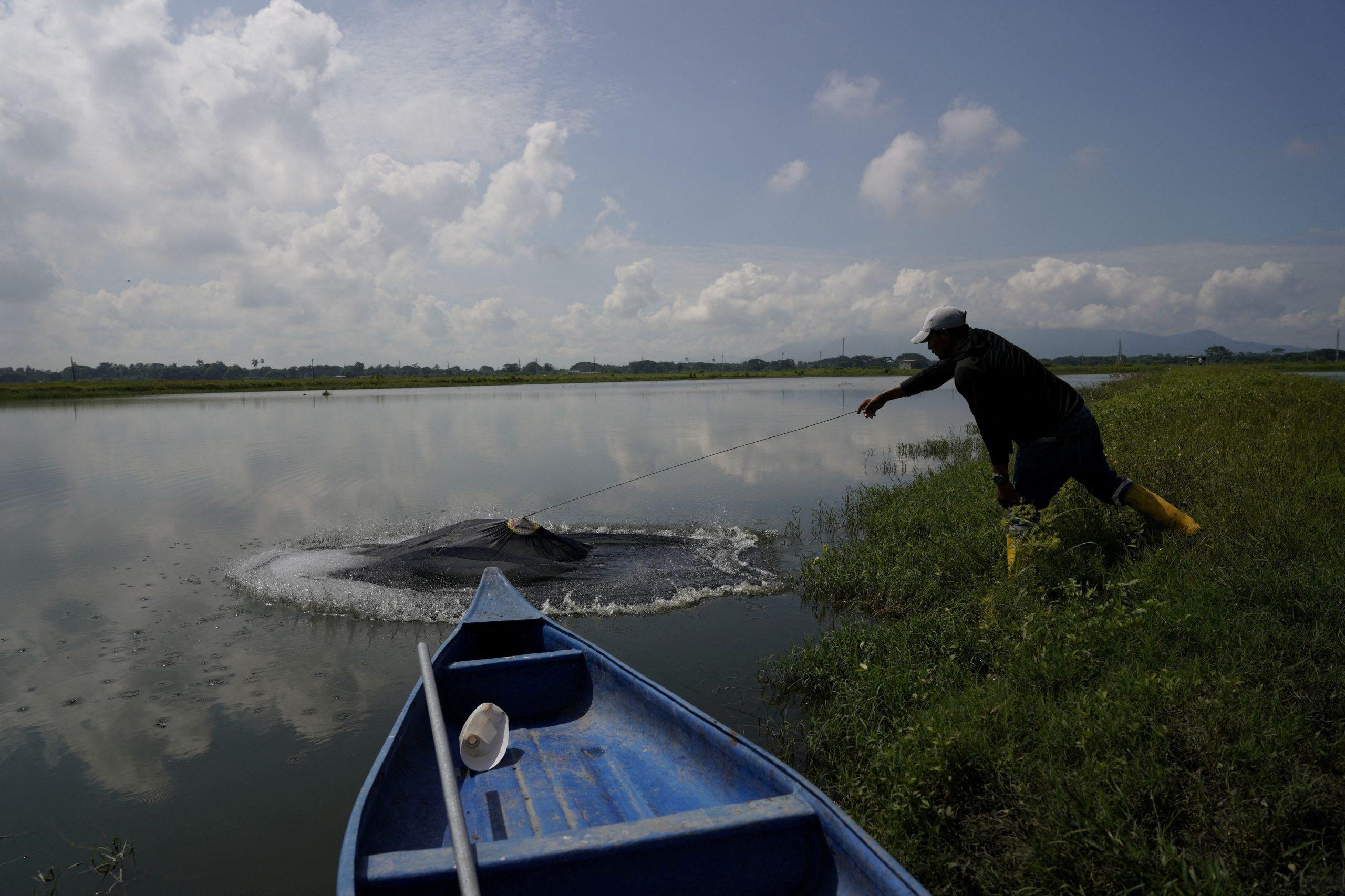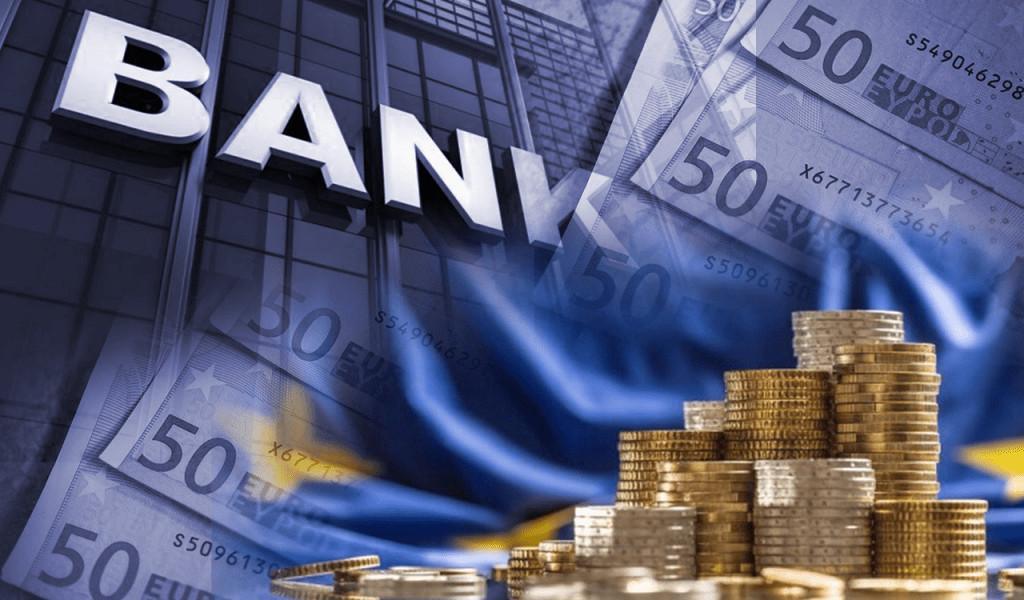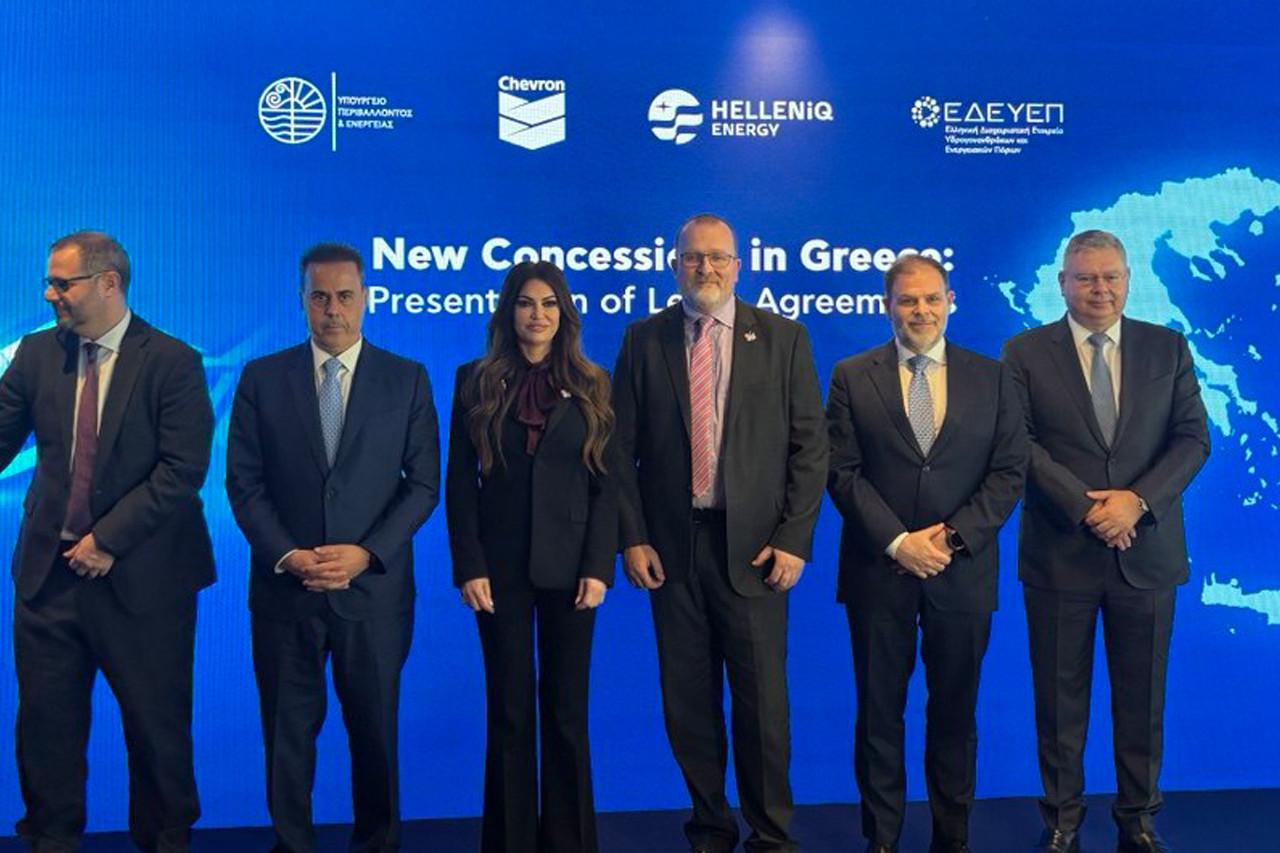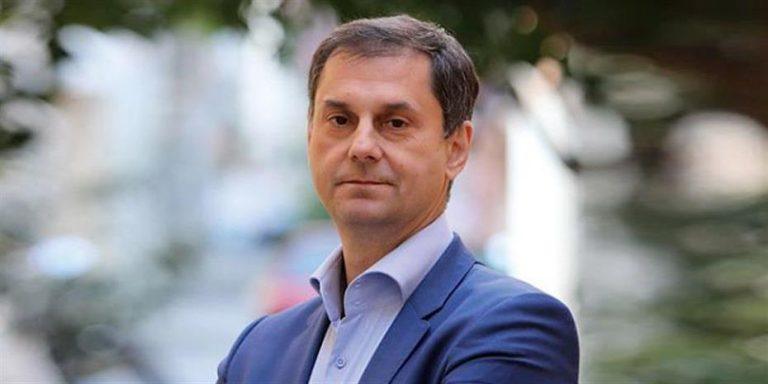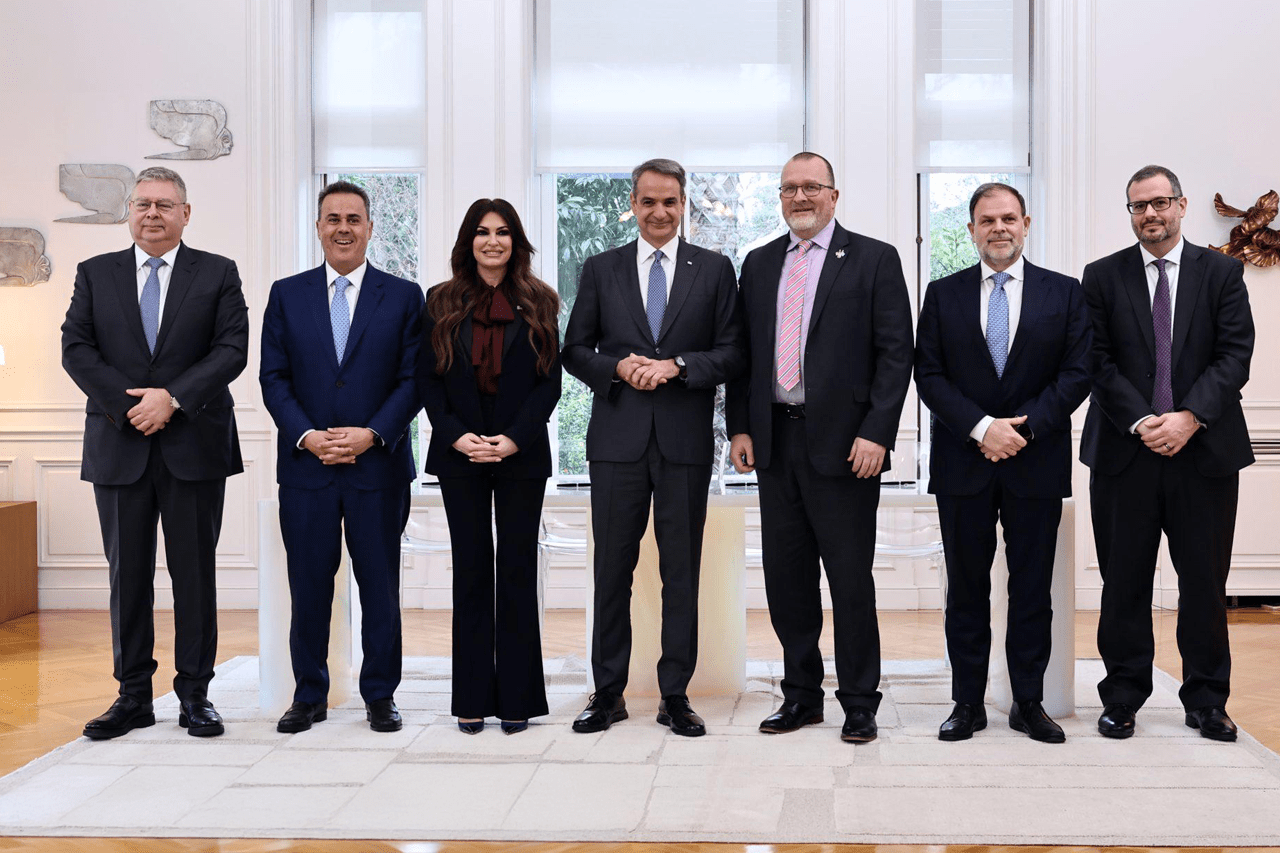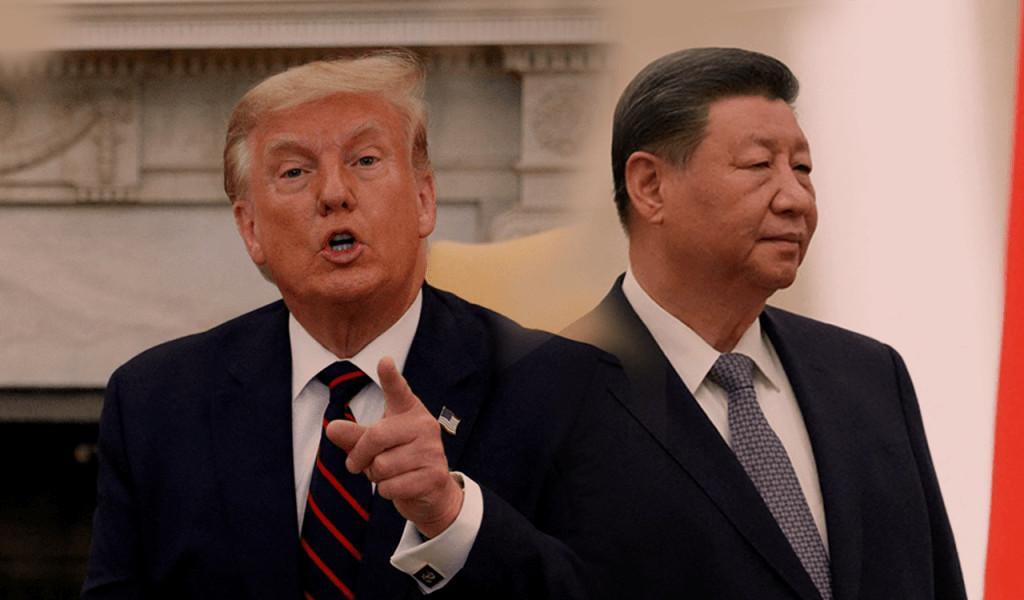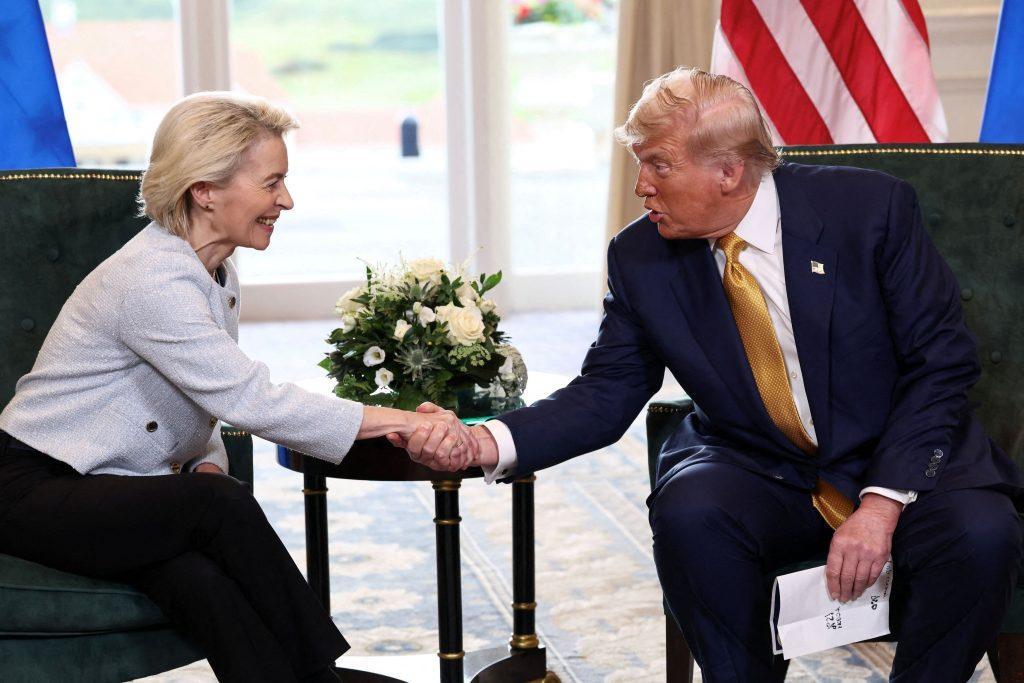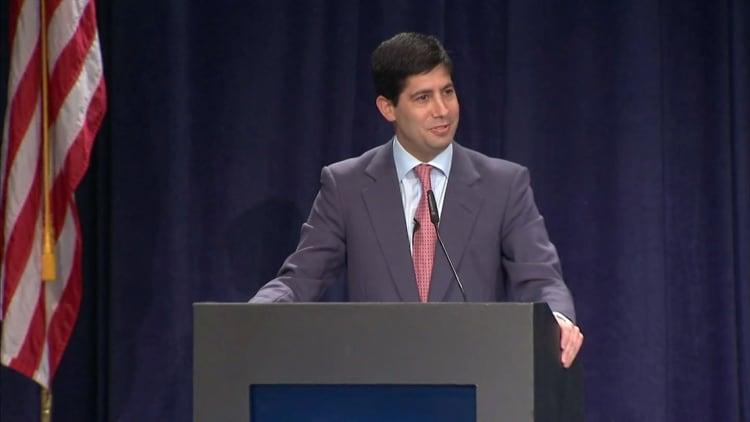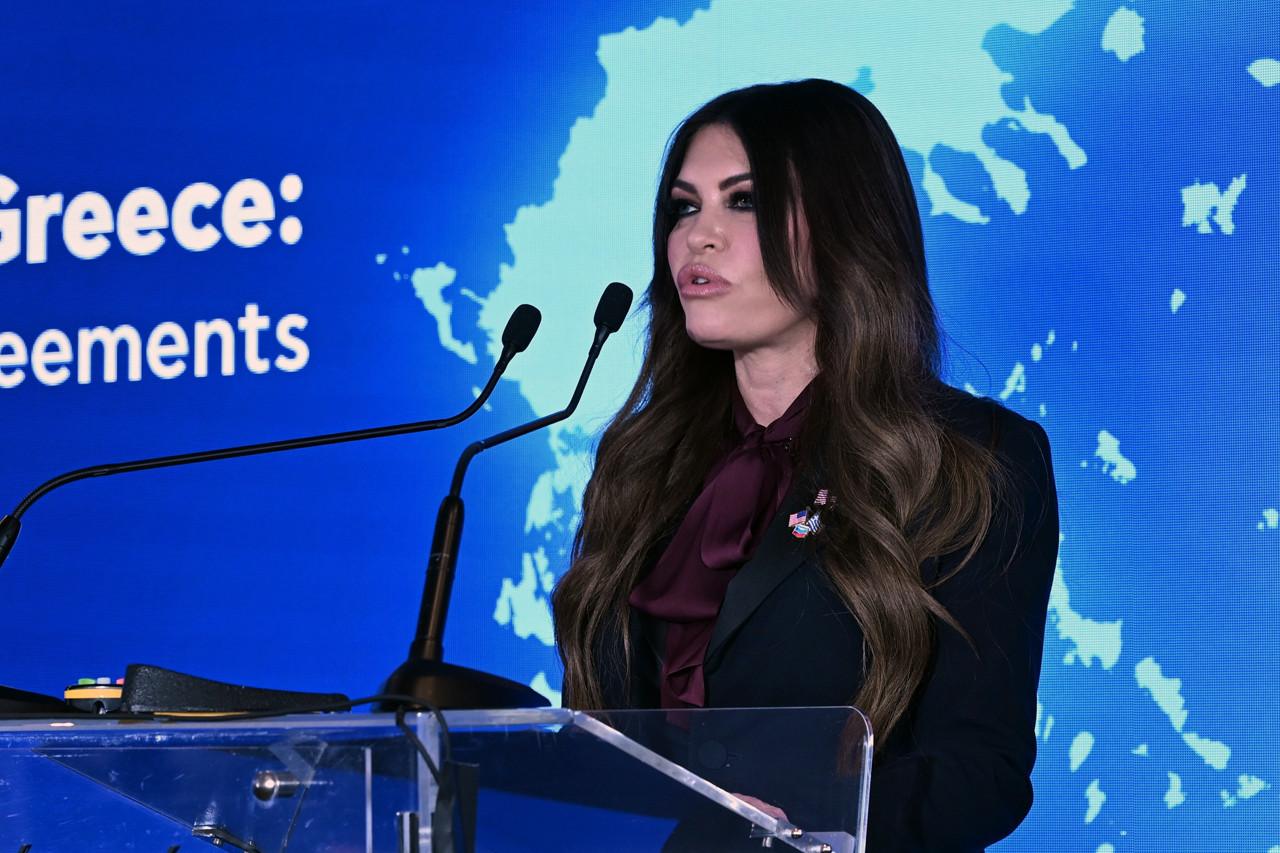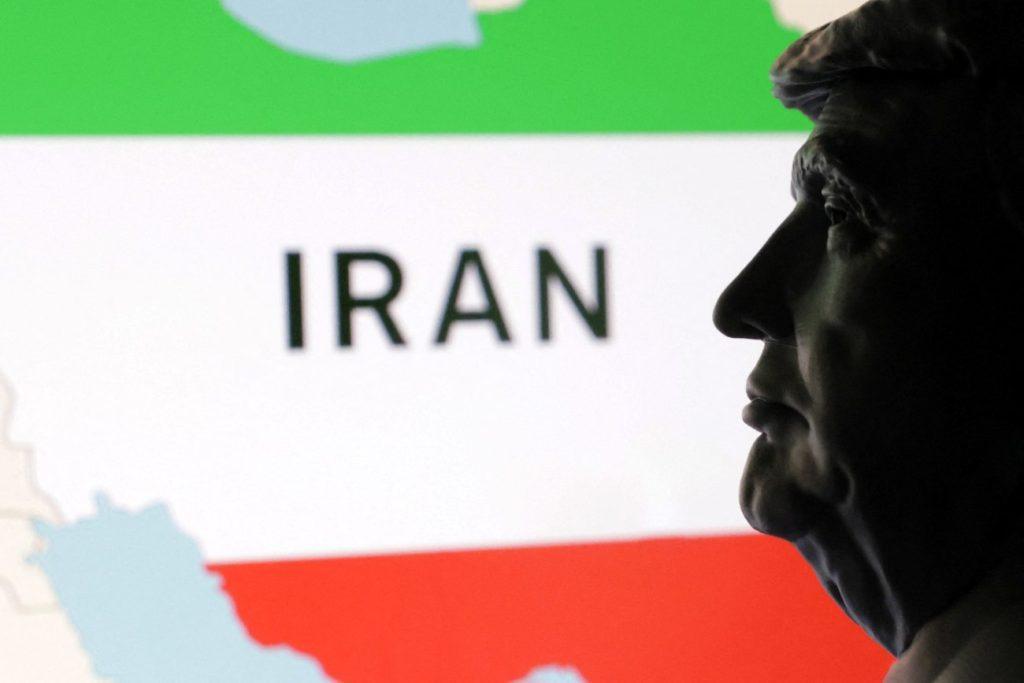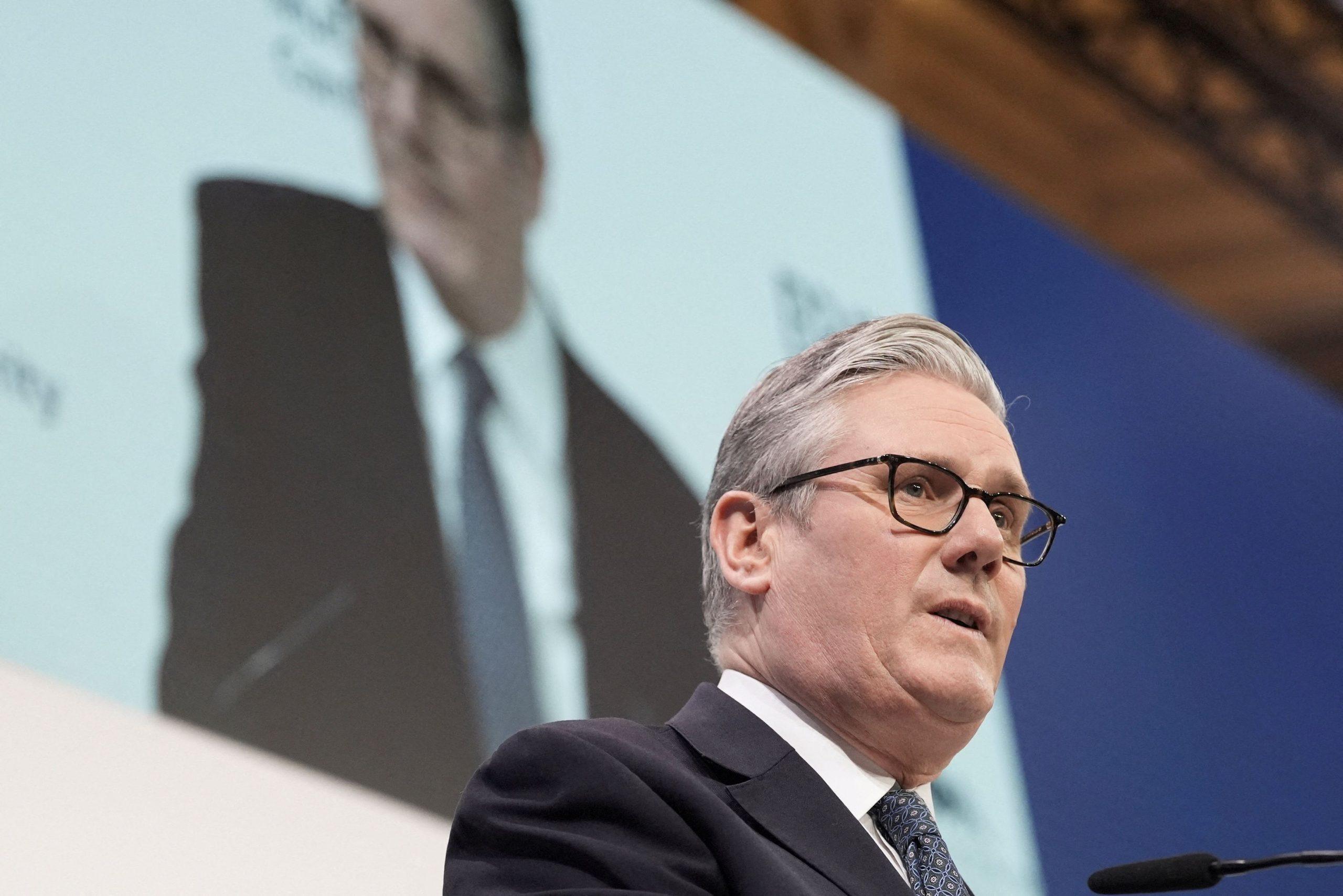Greece’s role in Europe’s shifting energy landscape is expanding as the country builds out infrastructure and deepens strategic partnerships, HELLENiQ Energy CEO Andreas Shiamishis said at the inaugural “Energy & Sustainability Knowledge Forum” hosted by the “HELLENiQ ENERGY Center for Sustainability and Energy @ Alba Graduate Business School”.
Speaking on a panel alongside Energy Minister Stavros Papastavrou and U.S. Ambassador to Greece Kimberly Guilfoyle, Shiamishis said Greece now serves as a critical transit point for energy flows toward Central Europe and Ukraine. The country is among “the largest suppliers of refined fuels to Ukraine and has begun participating in the initial LNG movements through the emerging Vertical Corridor”, a network designed to strengthen regional energy security.
Shiamishis also highlighted the fact Greece’s position could be strengthened further with the planned reactivation of the Thessaloniki–Skopje diesel pipeline, idle for 15 years. The line is expected to bolster supply routes to neighboring Balkan states, including Bulgaria and Serbia, and reinforce what the CEO of HELLENiQ Energy described as Greece’s function as an “energy stabilizer” for Southeast and Central Europe.
Strategic Partnerships and Infrastructure Advantages
Shiamishis further underscored Greece’s cooperation with ExxonMobil and Chevron on hydrocarbon exploration in the Ionian Sea and off Crete, calling the partnerships a notable achievement for the country’s energy sector. He said the American companies’ decision to work with HELLENiQ Energy reflects not only geopolitical considerations but also confidence in the firm’s technical capabilities and Greece’s strategic position.
The CEO also pointed to Greece’s resilience in managing consecutive crises in recent years. LNG infrastructure and floating storage and regasification units (FSRUs), he said, have given the country an advantage as Europe seeks to reduce dependence on Russian natural gas, while some larger EU economies, including Germany, lacked similar LNG facilities.
A Slower, More Realistic Green Transition
EU energy policy is shifting toward a more pragmatic approach, Shiamishis argued. He said that earlier environmental targets failed to account for their impact on industry competitiveness and consumer costs, warning that poorly calibrated policies could simply shift refining activity to countries outside the EU without producing meaningful climate gains.
Sustainability will remain a constant priority, he said, but the transition must be governed by “responsibility and realism.” Europe, in his view, “can safeguard energy security” while pursuing environmental goals, provided it avoids forcing the pace. Shiamishis identified three focal points for the coming years: expanding green investments, boosting efficiency and maintaining affordable prices.
Prospects for Green Power Exports
Shiamishis said Greece now faces the challenge and opportunity of positioning itself as an exporter of green electricity, contingent on the right regulatory framework and timely investments. As part of this strategy, Enerwave (formerly Elpedison), a HELLENiQ Energy subsidiary, aims to combine renewable capacity, storage projects and natural-gas operations to supply energy to markets across the Balkans.
Source: tovima.com

